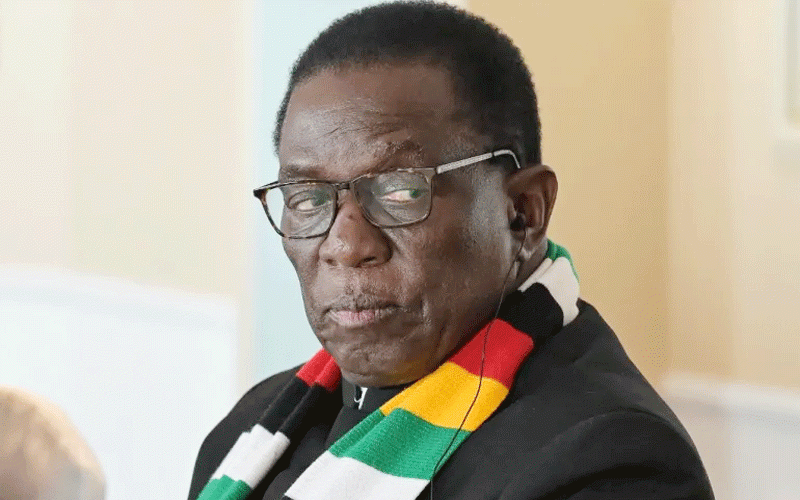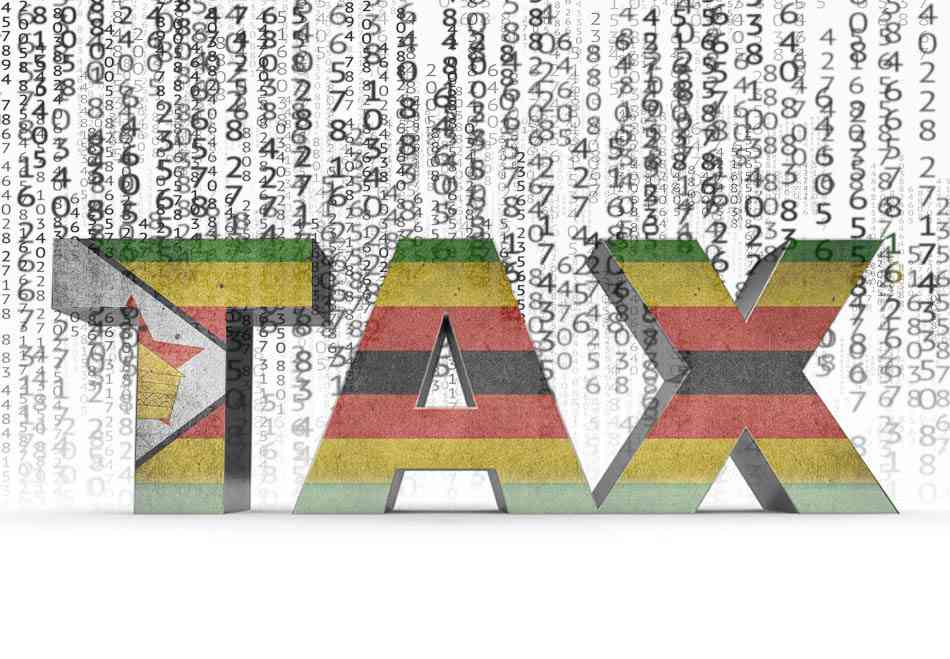
OUR interview with Bankers Association of Zimbabwe president Lawrence Nyazema this week brought to limelight one of many troubles that industries are going through when conducting international trade.
Letters of credit (LCs), which are issued by banks guaranteeing importers’ ability to pay for goods and services rendered by foreign companies, are being rejected.
This is not a good sign. The reason for this rejection is simple.
Confidence on Zimbabwe has plummeted to levels where even guarantees issued by such respected organisations as banks, cannot be trusted because of the country’s prolonged crisis, and an extremely high debt, which it is struggling to service. It means the world has just relegated Zimbabwe to the dustbins of prosperity because of the high sovereign risk.
We call upon President Emmerson Mnangagwa to move away from rhetoric and tackle this very important issue with speed, as he assumes his second term.
The strategy involving African Development Bank and former Mozambican president Joaquim Chissano to negotiate with foreign creditors owed over US$14 billion was the right move to take. But it must be twinned by making real efforts to begin meaningful payments to all creditors and demonstrate that Zimbabwe is ready to play its part because the situation where LCs are being rejected points to a catastrophe.
As a trade finance tool, LCs are designed to protect both exporters and importers. The fact that they are being rejected means Zimbabwe’s international trade is under threat. Soon, the country will begin to experience shortages of essential goods that domestic firms are not manufacturing, with dire consequences.
It is possible that these shortages have already hit the domestic market, considering the continued shortage of drugs in hospitals, and even water treatment chemicals.
- Renault hands Russian assets to Moscow
- New perspectives: Building capacity of agricultural players in Zim
- News in depth: Mnangagwa’s push for $12 billion mining industry imperils communities
- New perspectives: Building capacity of agricultural players in Zim
Keep Reading
Foreign suppliers are saying Zimbabwean firms must pay upfront to secure their requirements, or get nothing because of sovereign risk, the probability that a country may fail to meet debt obligations as they fall due.
The country’s public debt reached US$18 billion at the end of last year, from about US$17,5 billion during the same period in 2021.
With a gross estimated at about US$30 billion, this debt is way over 50% of national output, and has clearly turned into an albatross in Zimbabwe’s efforts to deal with its protracted crisis.
Ramifications defaults are many.
In addition to risks to bondholders of sovereign debt, sovereign risk is one of many unique risks that an investor faces when holding forex contracts, including currency exchange risk and interest rate risk.
These risks are also visible on the Zimbabwean landscape.
Because authorities are busy rolling out ad hoc measures to deal with Zimbabwe’s myriad crises, they are also exposing investors to high risk. For instance, Zimbabwe’s central bank has been changing monetary policy, which affects currency traders.











